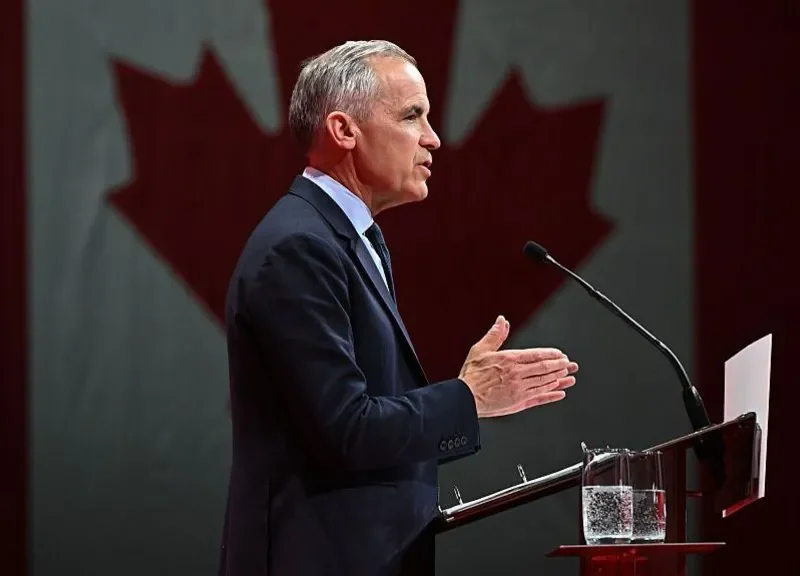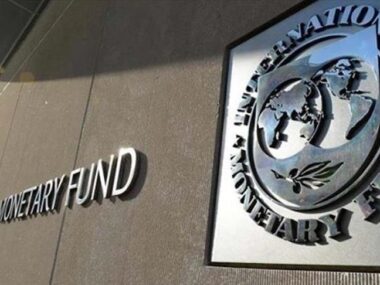Contrary to some expectations, Carney did not move to reconcile with Trump after his win. Instead, both his campaign rhetoric and post-election messaging make it clear that he plans to stick to the principles that propelled him to power—possibly with a majority. Even if he falls slightly short, the defeat of other key party leaders suggests cross-party backing for a unified Canadian stance on U.S. relations.
At the core of Carney’s strategy is a firm belief that U.S. trade policies will ultimately harm American companies and consumers. The White House’s targeting of Amazon for highlighting tariffs is seen as a prime example of self-inflicted damage. Commentator Jordan Peterson, despite being a critic of Carney, admitted on Joe Rogan’s podcast that Carney could become one of Trump’s most experienced and influential challengers, especially due to his connections in Europe and the UK.
While “enemy” might be an exaggeration, Carney is undoubtedly skilled at managing both financial markets and public messaging. His early moves—questioning the purchase of U.S. fighter jets and tweaking Canadian investment in U.S. debt—have likely raised flags in Washington. Still, there’s no denying the serious risks tariffs pose for Canada, which sends 75% of its exports to the U.S.
Carney’s stance has been to accept the changing U.S. outlook and seek trade diversification. If successful, this could also pressure U.S. businesses and policymakers to reconsider tariff measures.
He emphasized that any future U.S.-Canada partnership will be on Canadian terms: “There’s a win-win path, but it’ll be on our conditions,” he said, firmly ruling out immediate visits to the White House or Mar-a-Lago.
Carney also aims to build stronger ties with Europe and the UK. He noted a Canada-UK trade deal, currently stalled, could now move forward. Defence cooperation and Canadian mineral exports are also likely to factor into new international partnerships. Meanwhile, he dismissed Trump’s territorial ambitions beyond Canada, mentioning Greenland and Panama as examples.
While campaigning in Edmonton, Carney said that U.S. economic leadership is over, calling it a “tragedy.” He intends for Canada, with the support of the G7, to help fill the leadership vacuum.
By an unusual twist, Carney is set to host the G7 summit in Alberta this June—just before Trump’s temporary halt on tariffs ends. Whether Trump will attend in a region he both taxes and has shown interest in remains to be seen.
All attention now turns to Kananaskis this June.











